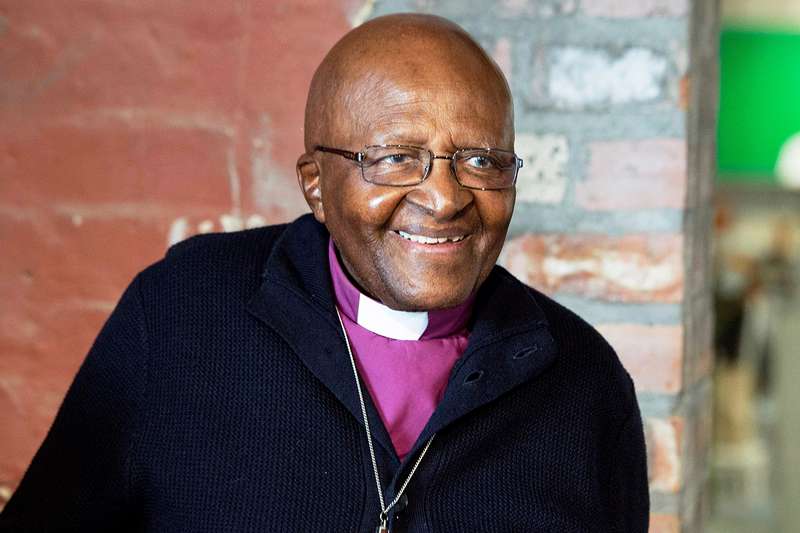What is Desmond Tutu best known for?
Desmond Tutu was a South African Anglican archbishop best known for his opposition to apartheid in South Africa, for which he received the Nobel Prize for Peace in 1984. In 1995 he was named head of the Truth and Reconciliation Commission, which investigated allegations of human rights abuses during the apartheid era.
Where did Desmond Tutu go to college?
Desmond Tutu attended St. Peter’s Theological College in Johannesburg and was ordained an Anglican priest in 1961. In 1966 he obtained an M.A. from King’s College London.
How did Desmond Tutu change the world?
Desmond Tutu drew national and international attention to the iniquities of apartheid. He emphasized nonviolent protest and encouraged the application of economic pressure on South Africa. He headed the Truth and Reconciliation Commission, which was intended to help heal the country by investigating human rights violations that had occurred during the apartheid era.
What is Desmond Tutu’s religion?
Desmond Tutu was Anglican.
What awards did Desmond Tutu receive?
Desmond Tutu’s many awards and honours include the Nobel Prize for Peace (1984), the U.S. Presidential Medal of Freedom (2009), an award from the Mo Ibrahim Foundation that recognized his lifelong commitment to “speaking truth to power” (2012), and the Templeton Prize (2013).
Summary
Sir Desmond Tutu, (born Oct. 7, 1931, Klerksdorp, S.Af.—died Dec. 26, 2021, Cape Town), South African Anglican cleric. He studied theology at the University of South Africa and King’s College, London. He became an Anglican priest in 1961 and bishop of Lesotho in 1976. In 1978 he became general secretary of the South African Council of Churches and an eloquent and outspoken advocate for the rights of Black South Africans. He emphasized nonviolent protest and encouraged other countries to apply economic pressure to South Africa. In 1984 he received the Nobel Prize for Peace for his role in opposing apartheid. In 1986 he was elected the first Black Archbishop of Cape Town and titular head of South Africa’s 1.6-million-member Anglican church. He retired from the primacy in 1996 and became chairman of the Truth and Reconciliation Commission, charged with hearing evidence of human rights violations under white rule. In 1988 he was named chancellor of the University of the Western Cape in Bellville, S.Af. In 2010 he retired from public life.
